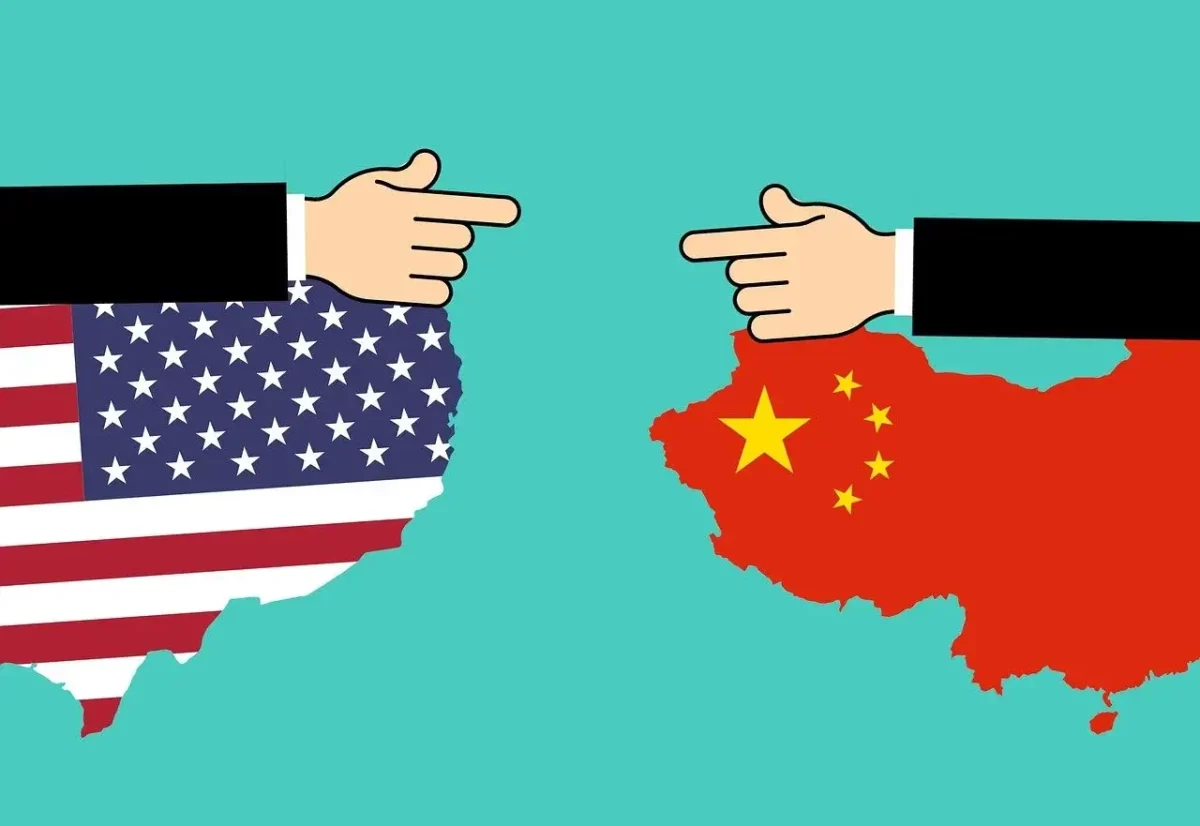Trump Backs 80% Tariffs Ahead of Crucial U.S.-China Talks in Geneva
09.05.2025 21:55 1 min. read Alexander Stefanov
As trade envoys from the U.S. and China prepare to meet in Geneva this weekend, Donald Trump is once again embracing aggressive tariff policy.
Posting on Truth Social, the president called the 80% tariff rate “appropriate,” dismissing any need to scale back duties to incentivize talks.
Recent trade data paints a more strained picture: shipments from China to the U.S. have dropped sharply, raising concerns over looming supply disruptions and price hikes. Despite this, Trump insisted that China has little room to retaliate further, having already raised its countermeasures to 125% and imposed restrictions on rare earth exports.
Treasury Secretary Scott Bessent and lead negotiator Jamieson Greer will represent Washington in the Geneva meetings, facing China’s Vice Premier He Lifeng.
While no major breakthroughs are expected, U.S. officials aim to ease friction and set the stage for more structured discussions. Bessent emphasized this round will focus on rebalancing trade priorities, not hammering out a final deal.
Beijing, meanwhile, has expressed cautious optimism. But according to former U.S. negotiator Stephen Olson, any reduction in tariffs is likely to be minor, as both nations remain deeply entrenched in economic rivalry.
-
1
Gold Beats U.S. Stock Market Over 25 Years, Even With Dividends Included
13.07.2025 15:00 1 min. read -
2
U.S. Announces Sweeping New Tariffs on 30+ Countries
12.07.2025 16:30 2 min. read -
3
US Inflation Heats Up in June, Fueling Uncertainty Around Fed Cuts
15.07.2025 16:15 2 min. read -
4
Key U.S. Economic Events to Watch Next Week
06.07.2025 19:00 2 min. read
US Inflation Heats Up in June, Fueling Uncertainty Around Fed Cuts
U.S. inflation accelerated in June, dealing a potential setback to expectations of imminent Federal Reserve rate cuts.
Gold Beats U.S. Stock Market Over 25 Years, Even With Dividends Included
In a surprising long-term performance shift, gold has officially outpaced the U.S. stock market over the past 25 years—dividends included.
U.S. Announces Sweeping New Tariffs on 30+ Countries
The United States has rolled out a broad set of new import tariffs this week, targeting over 30 countries and economic blocs in a sharp escalation of its trade protection measures, according to list from WatcherGuru.
Key U.S. Economic Events to Watch Next Week
After a week of record-setting gains in U.S. markets, investors are shifting focus to a quieter yet crucial stretch of macroeconomic developments.
-
1
Gold Beats U.S. Stock Market Over 25 Years, Even With Dividends Included
13.07.2025 15:00 1 min. read -
2
U.S. Announces Sweeping New Tariffs on 30+ Countries
12.07.2025 16:30 2 min. read -
3
US Inflation Heats Up in June, Fueling Uncertainty Around Fed Cuts
15.07.2025 16:15 2 min. read -
4
Key U.S. Economic Events to Watch Next Week
06.07.2025 19:00 2 min. read


